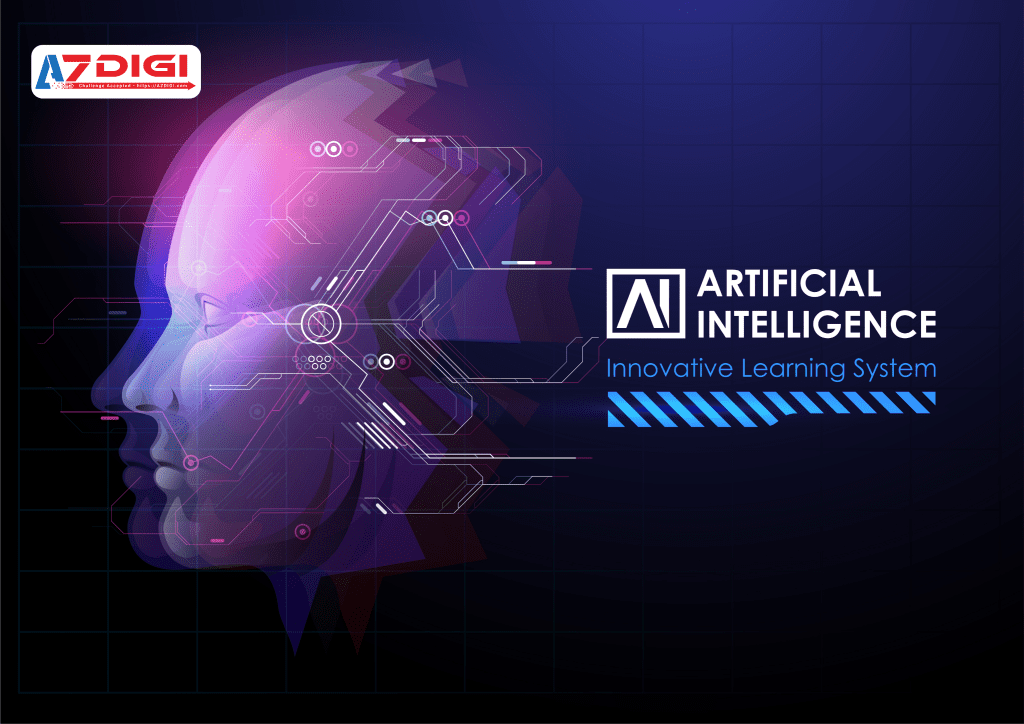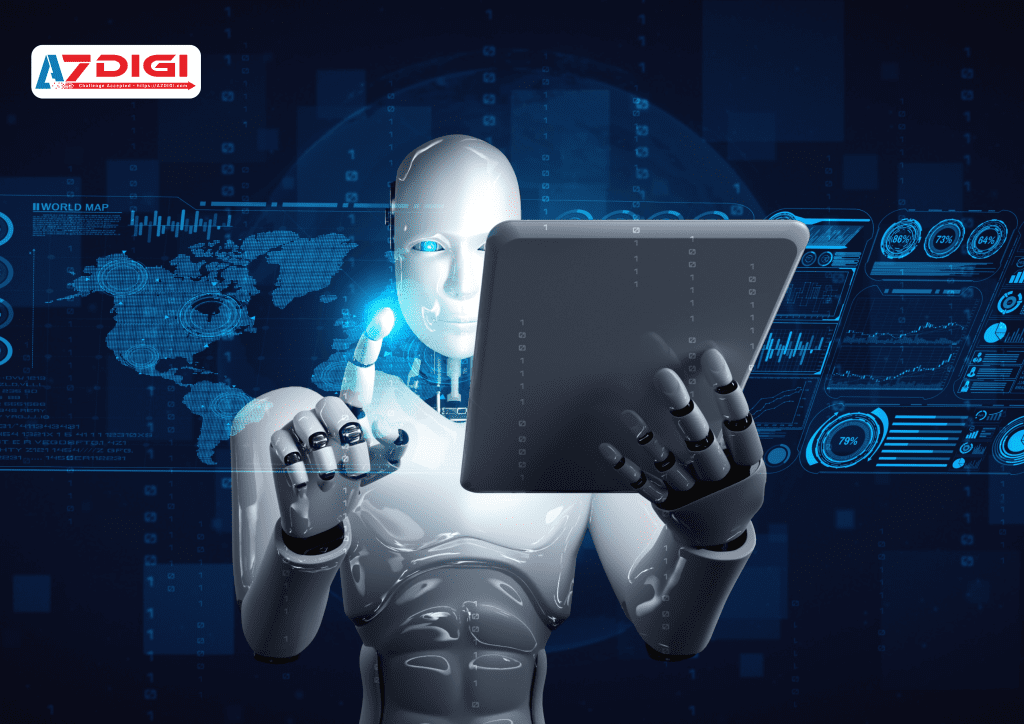Humans have had millions of years of evolution to explore and learn new things, creating millions of inventions that have changed the world. And artificial intelligence (AI) is one of the most powerful breakthroughs. Today, AI is becoming more popular than ever.

The emergence and development of artificial intelligence
Artificial intelligence (AI) is a field of computer science that involves researching, designing, and developing algorithms and computer systems to perform intelligent tasks that were previously only achievable by humans.
The formation and development of artificial intelligence began in the 1950s when early computer scientists started studying ways to simulate human intelligence using computers. In the early years, AI research focused on building simple computer programs to solve mathematical and logical problems.
However, with the advancement of techniques and technology, AI has made significant progress. One notable advancement in AI is in the field of natural language processing, where AI systems can understand and analyze natural language relatively accurately. AI systems have also been developed to recognize images and sounds, perform automated tasks in manufacturing and services, and enhance user experiences in fields such as healthcare and education.
Currently, AI has become a highly diverse and complex research field, applied in various areas of life such as transportation, finance, energy, geology, communication, and asset management. The formation and development of artificial intelligence are important trends that play a crucial role in driving human development and improving quality of life.
There have been many recent applications introduced, such as ChatGPT and Notion AI, demonstrating significant advancements in the field of artificial intelligence.
Artificial intelligence and humans: Collaboration or competition?
Artificial intelligence (AI) and humans are two distinct yet closely interconnected factors in modern life. In many domains, AI has become a useful tool that helps humans work faster, more efficiently, and with greater accuracy. However, many people question whether AI is replacing humans in certain fields and creating competition with human labor.

Some people believe that the development of AI will lead to a complete replacement of humans in the future. They argue that AI will have the ability to learn and evolve rapidly, surpassing the learning and progress capabilities of humans.
This would render many of the tasks that humans currently perform redundant, and they could potentially be entirely replaced by AI. Some examples of jobs that could be replaced include financial reporting, insurance processing, data analysis, and even the operation of autonomous vehicles.
However, for others, AI and humans can collaborate to create astonishing power. AI can help humans enhance their information processing speed and intelligence, enabling faster and more accurate decision-making. Additionally, AI can undertake difficult and dangerous tasks that humans are unable to perform, such as data mining in hazardous geological areas or environmental monitoring. This collaboration can lead to significant benefits for humans and society.
The reality is that artificial intelligence cannot completely replace the skills and abilities of humans, as humans possess unique qualities such as flexibility, creativity, and perception. We need to recognize that artificial intelligence is merely a supportive tool and must be used wisely and appropriately.
Therefore, we need to find ways to harness the benefits of artificial intelligence while also protecting human values. The collaboration between artificial intelligence and humans can generate optimal solutions for challenging problems, bringing benefits to both humans and society.
Read more information about Artificial Intelligence here!

